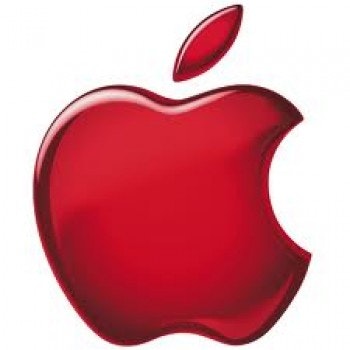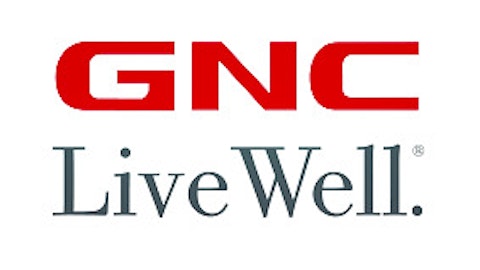When Apple Inc. (NASDAQ:AAPL) first conceived the iPhone, one concept was to use the cumbersome iPod click wheel as the central control of the phone. After using the touchscreen interface that Apple finally decided upon, that idea seems ludicrous. However, it does show how intertwined the iPod and the iPhone have long been.
When the iPhone was first launched, Steve Jobs stood in front of a sign that had three soon-to-be iconic buttons behind him: “iPod, Phone, Internet.” The inclusion of the iPod was just as important as an access point to holding a full-featured and easy-to-use Internet in your hand.

Digital music: Apple’s domain
Apple rode booming iPhone sales to more success in the digital-music world. While gaudy numbers about the billions of apps downloaded began to steal the show at Apple Inc. (NASDAQ:AAPL)’s presentations, its dominance of music continued expanding. Competition over digital-music sales has increased markedly in recent years, with Amazon.com, Inc. (NASDAQ:AMZN) aggressively pricing digital music and building out its cloud player. Likewise, after relying on third-party music services such as Amazon when Android first launched, Google Inc (NASDAQ:GOOG) unveiled Google Music in 2011 to better compete with iTunes as a central music hub.
Yet this increased investment in the digital-music space from competitors hasn’t done much to dent Apple’s dominance. Asymco’s Horace Dediu recently pegged Apple Inc. (NASDAQ:AAPL)’s iTunes as paying out $3.4 billion in digital payments to publishers in 2012 — 60% of industry totals. That’s consistent with past research from NPD, which has shown iTunes maintaing roughly 66% of U.S. digital sales.
With Android now controlling roughly 70% of worldwide smartphone sales, it’d be easy to conclude it’ll begin chipping away at Apple’s music dominance. Yet market-share figures don’t always tell the full tale. Apple Inc. (NASDAQ:AAPL)’s iOS has higher market share in countries like the United States, where legal digital-music sales are much higher. Not only that, but getting the right licensing to sell music globally is a time-consuming affair. Google Music launched as U.S.-only, finally moving to Europe just last November. Apple has a large head-start in setting up global music sales.
Not only that, but Apple Inc. (NASDAQ:AAPL) has a dominant grasp on peripherals such as sound bars and alarm clocks to turn smartphones into music systems. Walk into a Bose store, and you’ll find nearly every piece of audio equipment working in conjunction with an iPod or iPhone.
Music matters beyond music sales
While Apple probably collected roughly a billion in sales for its cut of iTunes music sales last year, that’s never been the value of the service to the company. Instead, the real value has been the value to the overall Apple platform. Users who have large music and media libraries centered on iTunes have a strong reason to stick with new Apple products, whether they be a tablet, phone, or MP3 player. The $4.3 billion in gross revenue Apple collected last year in music sales stacks up nicely against the $118 billion the company collected in iPad, iPhone, and iPod sales in fiscal 2012 alone.
This all matters because music is a key component of mobile-device usage. Research from NPD shows that 56% of smartphone users and 40% of tablet users listened to music on their devices. On smartphones, 39% of listeners play music on a daily basis.





